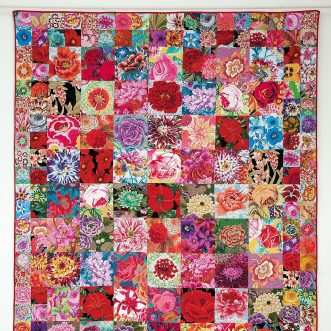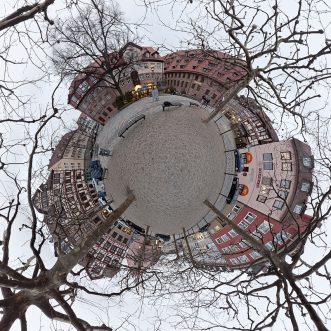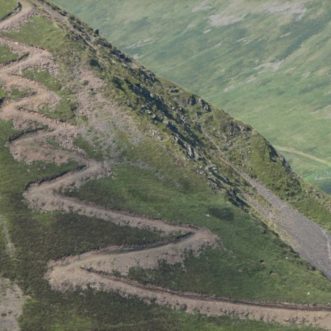July 13, 2023
Orange Oakleaf Butterflies confuse their predators on purpose, hiding in plain sight.
In the dry season, they pretend to be a dried out dead leaf. In the rainy season they pretend to be a damp dead leaf. The birds, ants, spiders and wasps that eat them, already have a mental model of what a dead leaf is. That model doesn’t include being edible. So they ignore this leaf and carry on looking for their next meal.
We humans are the apex predator par-excellence. We don’t have to pretend to be anything other than we are to survive.
Still, we confuse other people all the time. Sometimes on purpose, most often by accident. Because we constantly assume that our mental models are the same as everyone else’s. We think everyone knows what we know, believes what we believe and wants what we want.
Take a small business:
For a shareholder or investor it’s a machine for generating dividends on their capital.
For founders it’s a way to make their unique dent in the universe.
For their accountant it’s a set of connected accounts that need to balance.
For their operations manager it’s a set of loosely related functions, one of which they probably consider to be more important than the others.
For some employees it’s simply a means to enjoy life outside work. For others it’s means to survive. For others still, play.
For customers it’s a solution to a problem, a status enhancer, a community they value or a purpose they believe in.
All these different mental models can pull a business in different directions, leading to confusion.
And as we know, a confused mind says ‘no’.
The answer is to get clear about what your business is here to do as soon as you can, and to present that as an explicit model everywhere.
Choose a model that is simple, easy to communicate and effective in delivering what everyone wants.
Design your business around that model, so that the way it works clearly reflects the concept behind it.
Share that model in your marketing materials, shareholder reports, filed accounts, operations manual, help guides and status reports, so that it becomes utterly familiar, whatever your role or relationship to the business.
That way, nobody’s confused.
Some may not like it, but they will leave you alone. The ones that do like it will be more than happy to help you bring it to life.
If you’re a small business employer, looking for a model to adopt, you’ll be pleased to know that you already have one, hiding in plain sight.
And I can help you reveal it.
Discipline makes Daring possible.
Ask me how.









